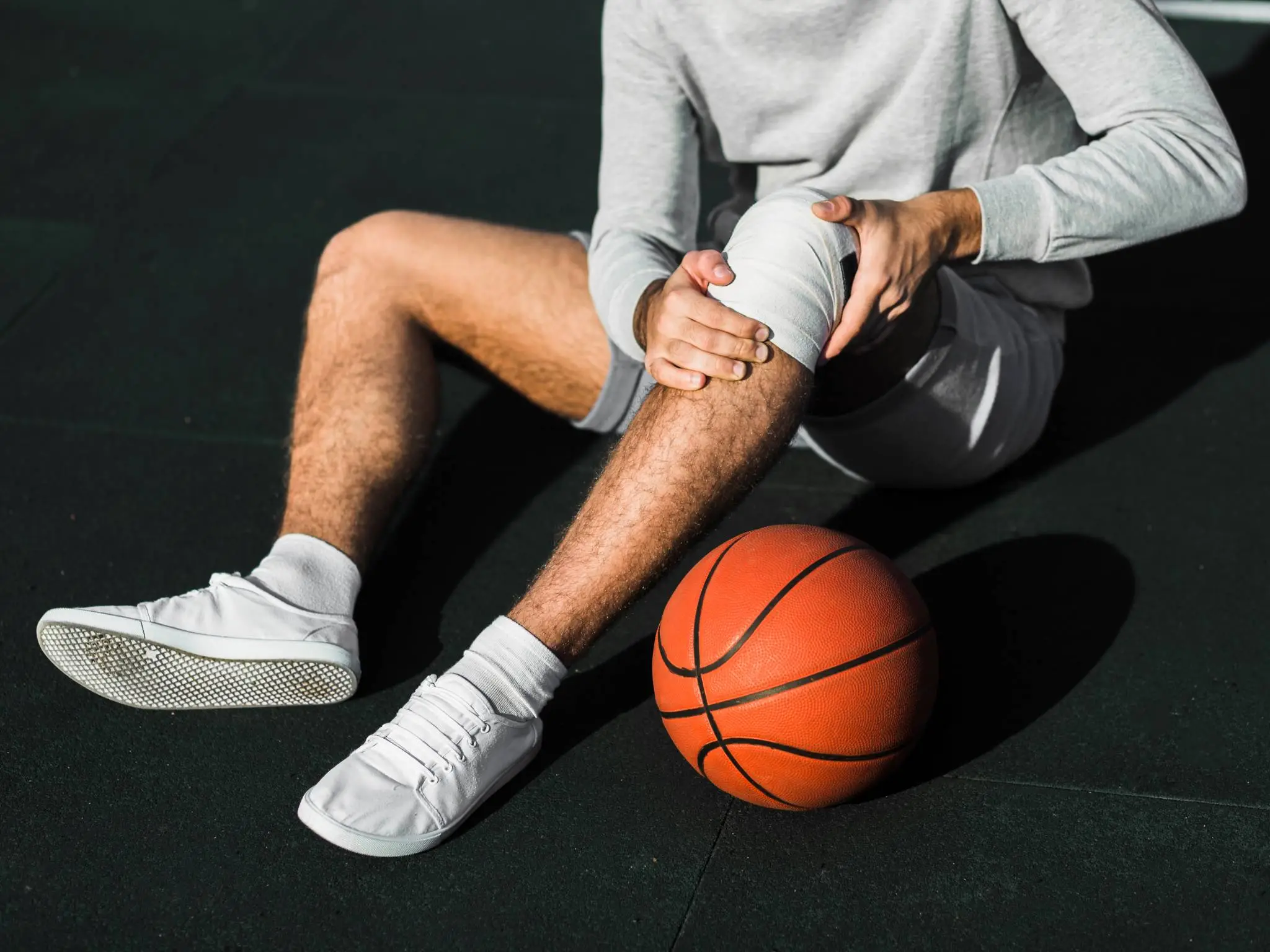Being seriously injured while playing sports can be quite traumatic and have a huge impact on your life. It can become frustrating, especially if the injury affects your mobility. It’s important to be patient with yourself when healing to regain your strength properly and avoid the risk of further injury. Here are some tips on proper sports injury recovery.
Acknowledging the Pain
It’s important to know whether you’re hurt or have sustained an injury. You may want to brush off the pain and treat it as a minor issue but leaving an injury untreated can cause more harm and damage. Treating the injury in the early stages is important to having a speedy recovery. Sometimes you won’t be able to walk off pain and you should know when to seek medical attention.
Understand What Happened
Understanding how you got hurt and what happened will help you form a plan of recovery. By knowing what went wrong, you can reduce susceptibility to further injuries and it will also benefit you mentally, as being hurt can impact your confidence level.
Seek Help
Visit your doctor immediately after you notice any pain. Being detailed when telling your physician how you sustained the injury will help lead to a better diagnosis. Work with your doctor to form a plan of recovery – you may have to take part in an exercise-based rehab program. You can also seek help from a physical therapist or personal trainer who can help you with any incorrect movement patterns and reduce the chances of sustaining another injury or worsening the current one.
Take It Easy and Be Patient
Resting is an extremely imperative factor when it comes to sports injury recovery.
Some may want to get right back into physical activity, but it’s important to be patient with your injuries and allow time to heal. You might not be able to go back to your regular exercise routine immediately, but it doesn’t mean that you shouldn’t exercise at all.
Slow and progressive movement of the injured area is recommended so the muscle doesn’t become weak. Work with your physiotherapist to figure out what exercises are safe before you start a new routine. It’s important to understand that everyone heals at different rates and the road to recovery is a gradual process that takes a lot of patience. So, don’t push yourself too excessively and just take it easy.
Fuel your Body
It might be tempting to let yourself go after sustaining an injury, but it should not be an excuse for a poor diet. Your body needs nutrients and lots of hydration. Meat and fish are protein-rich foods that enhance the body’s muscle-building process. Eat lots of citrus and dark leafy greens as they help produce collagen and rebuild tissue. Calcium-rich foods and vitamin D from sunlight exposure can help heal bone injuries quicker as well. You can also take supplements like glutamine and chondroitin which may help rebuild joints. Omega-3 supplements are also something to consider as they limit excessive inflammation and help to speed up recovery. If your mobility is affected, bad eating habits combined with lack of exercise can lead to weight gain.
Try to stay away from sugar and alcohol. You can help yourself keep a record of what you eat by creating a meal plan that will also ensure that you get all the vitamins and nutrients your body needs to heal.
Beat Boredom
Recovery periods can be difficult when you’re used to an active lifestyle. It is easy to become bored and frustrated. Keep yourself occupied with activities you always wanted to try or pick up a new hobby. Keep in touch with friends and family and make time to see them when you can. Most importantly stay positive.
Keep Going and Prevent Further Injuries
Keep up with your prescribed rehab plan even after you feel better. You are still slowly building up your strength again. Focus on stabilization, core, and flexibility exercises after rehab. You may also do preventative exercises to ensure that you don’t strain or injure yourself again. Foam rollers are great devices that can warm up your muscles beforehand, aiding in more effective muscle restoration.
Not Just the Physical
When it comes to an injury, sometimes it is not just the physical body that needs healing. It is important to take the time and heal your psychological state of mind as well. Being immobilized can impact your confidence greatly and taking the time to cope with your injury is just as important as physical therapy. Accept that you are injured and move forward. There is no need to be courageous all the time, so allow yourself to feel sad.
However, don’t dwell in sadness. Seek support from friends and family if needed and avoid isolation. Having a positive and optimistic attitude will aid in a speedy recovery more than you think. Set achievable goals for yourself and take an active part in your healing.
For more information about how we can help you understand proper sports injury recovery, call Focus Physiotherapy or contact us here.


